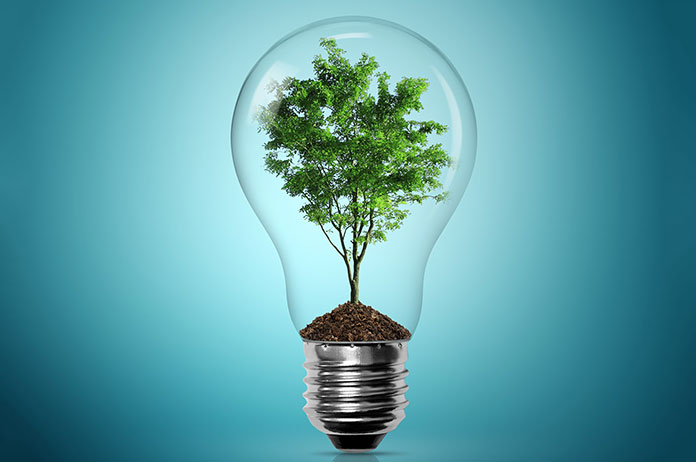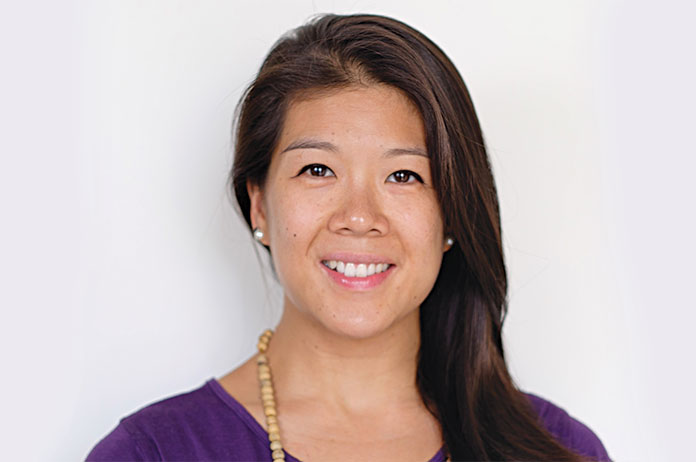The Quest for Sustainable Development

An idiosyncrasy of Phnom Penh is that the city hosts a dizzying number of NGOs striving to make durable impact on Cambodia’s developing society. Co-existing side by side with the non-for-profit sector, the city is home to a vibrant and thriving business community, beckoning businessman attracted by the country’s relatively lax regulations and business-friendly stance.
Lesser known, perhaps, is the fact that the city is also home to a host of social enterprises and businesses. The aim of these companies is to bring positive change into a certain aspect or segment of Cambodian society, while, simultaneously, remaining financially viable, sustainable and independent as a company. We have spoken to the entrepreneurs behind some of the most notable, inventive and successful social enterprises and businesses in the country. From a solar-powered tuk-tuk that dishes out coffee brewed by former dumpsite workers, to a jewellery shop that utilises discarded bullets in its designs, join us as we learn about social enterprising in Cambodia from those that have mastered the art of making a living out of helping others.
Aziza’s Coffee and Aimee Cheung
Two and a half years ago, Aimee Cheung took over the reins of Aziza’s Place, a grassroots home and learning centre that serves underprivileged local children. Prior to her Cambodian adventure, Cheung had worked as Executive Advisor for KPMG and Management Consultant for Xantus Consulting and Hudson & Yorke, acquiring in the process a wealth of knowledge and know-how in business management. Prior to helping to set-up the local branch of Impact Hub—a shared working space and idea-exchanging platform for business starters— Cheung took her entrepreneurial ambitions to new heights with the launching of Aziza’s Coffee last year, a mobile café set inside Cambodia’s first solar-powered tuk tuk and manned by former dumpsite workers. With undisguised fervor, Cheung tells us about her passion, sustainable impact.

“For me, sustainable impact is about creating social value in the longer term; it has to last, not create dependency and the social impact or value should be the same or greater through time.” Cheung doesn’t see a whole lot of that lasting impact in Phnom Penh, a city that she perceives as having “a lot of short-term impact which creates dependency on the development sector.”
A way to decrease this reliance on development agencies would be to have more privately-driven social initiatives, however Cheung explains that “there is generally not a lot of support in Cambodia for social enterprises.” Cheung firmly believes in the fundamental concept behind any social enterprise: that change can be achieved “whilst also being profitable”. Unfortunately, she points out, making a profit is sometimes seen as a negative outcome in social business circles.
Coco Khmer and Robert Esposito
Robert Esposito is the man behind the popular line of products under the label “Coco Khmer”. The Canadian funded the company more than two years ago, with the immediate aim of answering a call for help by an NGO who was working with destitute victims of the Boeung Kak Lake land evictions. Coco Khmer provides sustainable and dignified employment to evictees and ensures they enjoy good housing, their children go to school, and they have access to healthcare and receive training on practical skills. Workers gain equity in the company based on position and seniority, with the whole operation slated to eventually be wholly Khmer-run.
Coco Khmer now offers a line of nine all-natural, high-quality products—including lip balm, aftershave balm, deodorant, and, their flagship product, coconut oil—available in more than 20 stores around Cambodia. The products are all made by hand following an environmentally-friendly approach. Through Esposito, we gain further insight into what it’s like to run a social enterprise in Cambodia. He mentions three major impediments to doing business in the Kingdom.
“Blatant and unsanctioned corruption is the biggest and it is a national disgrace,” he says. The second major pitfall, according to Esposito, is a lack of a strong judiciary body, with “terrible gaps that should be a cause for concern for any business or investor.” Lastly, Esposito mentions the lack of clarity that surrounds governmental fees, arguing that “there are still many offices where fees are not hosted or left intentionally vague.”
These challenges notwithstanding, Esposito is still majorly optimistic about doing business in the Kingdom, noting that “Cambodia is one of the easiest countries that I have lived in to open a business.”
Ammo Jewellery and Madeline Green
We leave the hustle and bustle of the capital momentarily to travel to the cultural nerve centre of the country, Siem Reap, where a British expat has started her own social-minded line of jewellery products. Using recycled brass bullets and sterling silver, Madeline Green and her team of Khmer artisans and apprentices handcraft exciting accessories, transforming cold ammunition into stunning pieces of jewellery—a process many would regard as a work of alchemy.
Like Coco Khmer and Aziza’s Coffee, Ammo Jewellery is run as a social enterprise seeking a triple bottom line. The focus is on supporting the economic development of the local population. Besides employing local artisans, Green runs a vocational training programme, teaching disadvantaged youngsters the art of jewellery making.
Discussing the local social entrepreneurial scene, Green says that “there are [...] hundreds of NGOs and social enterprises who make really awesome products in Siem Reap.” She believes it is a fast-expanding market: “my jewellery brand Ammo participates in the Made in Cambodia market every Tuesday, Saturday and Sunday, and I see how artisans and fair-trade producers have really thrived here,” she explains.
Her business is kept buoyant by savvy expat customers who are conscious of the importance of ethical trading and aware of Ammo’s social responsibility initiatives. On the downside, Green mentions that it is sometimes hard to convey the importance of ethical trading to some Cambodians and Asian tourists. “We are still battling to persuade people to invest in locally made products, rather than selling and buying cheap imported goods from China or Vietnam,” she adds.

Agile Development Group and Ian Jones
Back in Phnom Penh, we take a look at the hospitality sector, where a new niche has recently entered the scene: the eco-friendly hotel. Last year, the House Boutique Hotel opened its doors, bent on attracting environmentally-conscious tourists craving an authentic and immersive Cambodian holiday experience.
The House Boutique Hotel is a Khmer-owned social business with operations that exert minimal environmental impact. For instance, energy for the hotel’s electricity and the hot water supply is harnessed through solar panels in the roof. Almost all wood used in the building is reclaimed, which helps combat the ongoing destruction of the Cambodian rainforest. Instead of the provision of free water in plastic bottles, House Boutique now offers guests unlimited filtered water in recycled wine bottles, saving up to 15,000 plastic bottles going into landfill in the process.
Another selling point is its design. The hotel has been strongly influenced by the work of renowned Cambodian architect Vann Molyvann, with Khmer culture infused throughout the building, right down to the tree that sits peacefully in the middle of its saltwater pool. It is a bid to attract those who crave a real Cambodian experience while bettering the social environment of the country.
The Agile Development Group (ADG), headed by Ian Jones, is the company behind this innovative hospitality project. ADG specializes in creating design and enterprising solutions that place the local community at the center of the conceptualization and implementation process. This also includes ‘universal design’ and a dedication to accessibility – the hotel has a fully disability-accessible room and Cambodia’s first disability-accessible tuk-tuk (created by ADG) parked out front.
With projects like the House Boutique Hotel, ADG is spearheading a push in Cambodia for social responsibility in the hospitality sector. Jones—a reputed design and ecosystem thinker—believes there is still a lot of work to be done in Cambodia when it comes to social-minded projects: “If there is a socially-conscious business, then there’s always foreign influence in the project. There are a lot of social enterprises here set up by NGOs, but we see very few Khmer investors and designers concerned about how they can make money while, simultaneously, bettering the lives of people. We aim to influence these local investors to get them to start thinking this way.”
The recruitment process is an integral part of ADG’s strategy to achieve this goal. “Our staff recruitment was strategic in terms of social impact. We work with Pour un Sourire d'Enfant (PSE) to source part of our staff, and also place hospitality interns from Aide Et Actions iLead program, which works with disadvantaged youth. We have a preferential hiring policy that gives priority to those coming from social enterprises and training schools,” Jones says.
Ian Jones, Aimee Cheung, Robert Esposito, and Madeline Green are some of the most noteworthy examples of a wave of socially-responsible entrepreneurs sweeping across the Kingdom. Their efforts to push for sustainable social change are reverberating across the nation, changing deep-set, traditional mentalities, and long-held views of how companies measure success and perceive their bottom line.